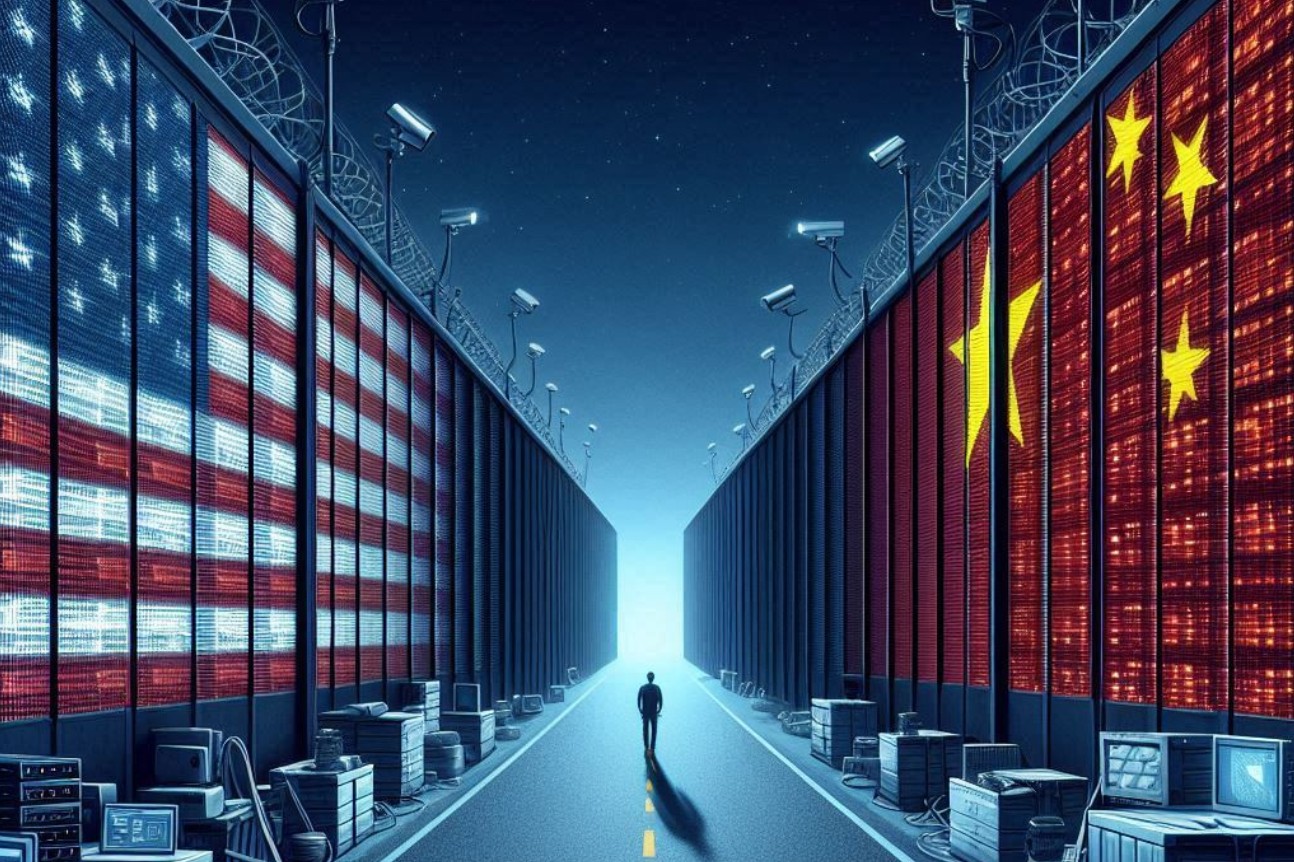In today's digital age, the boundaries between lawful expression and governmental overreach are becoming increasingly blurred in the United Kingdom. Citizens are finding themselves under scrutiny, and in some cases,...
On November 5th, 2024, the next President and Vice President of the United States of America will be elected, as well as 1/3 of the U.S. Senators and all 435...
After the European elections unfolded, geopolitical attentions shifted to the U.S. election campaign, one of the most dynamic in recent years recently with the Democrats' recent changeover with Harris as...
The Pro-Palestinian group BlackMeta (or DarkMeta) announced on August 1, 2024, on their official telegram channel that they conducted a destructive attack on the NSO group's infrastructure, including the central...
A malicious actor has claimed to have leaked a database containing over 1.6 million lines of data from the Latvian government. The data breach, dated July 7, 2024, includes all...
London, June 25, 2024 - Julian Assange, the founder of WikiLeaks, was released yesterday from the maximum-security Belmarsh prison after spending 1901 days in detention. The news was announced by...
Author: Olivia TerragniPubblication Date: 13/12/2021 Given that North Korean cyberattacks are not a future threat, but already a FACT, we are already wondering how to deal with the election of...
Author: Olivia Terragni During the night, only one bright spot lights up in North Korea: the city of Pyongyang. Perhaps, due to the dark that surrounds it, we understand so...
Author: Emanuele De Lucia Pubblication date: 17/09/2021 This report presents an overview about Dharma/Crysis ransomware. This piece of malware is often observed as late-stage payload in attacks against internet-facing systems,...
